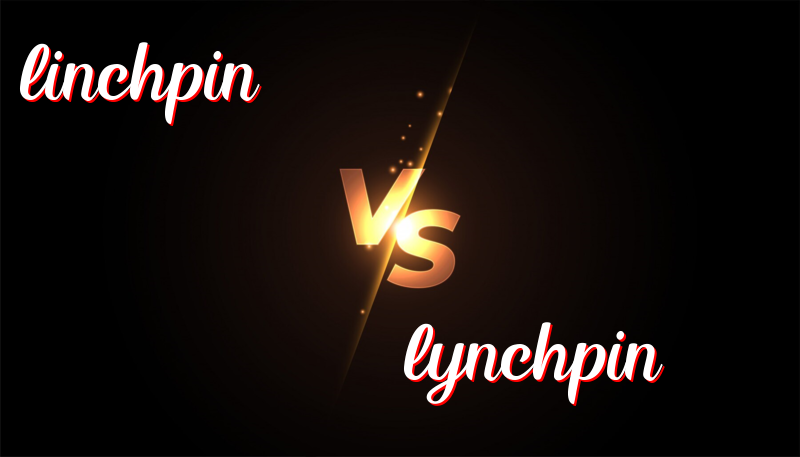Linchpin vs. Lynchpin: Understanding the Key Difference
Understanding Linchpin vs. Lynchpin
Many people find the words linchpin and lynchpin confusing. They sound the same, but their roots and meanings have something interesting to tell us.
History of the Words
Linchpin: This word comes from Old English. A “linchpin” is a small pin or a bolt that is used to hold a wheel in place. Over time, it started to mean something or someone very important that holds everything together.
Lynchpin: This is just another spelling for linchpin. Sometimes, people spell it with a “y,” but it means the same thing. The spelling with “i” is the more common one.
How to Use the Words
Whether you write linchpin or lynchpin, you are talking about an important part or person. The word can be used to describe something crucial to a situation or process.
Linchpin Example Sentences
- The teacher was the linchpin of the school, holding everything together.
- The engine serves as the linchpin of the car’s operation.
- She is the linchpin of our team; without her, we would struggle.
- The book’s main character was the linchpin of the story.
- The community center acts as a linchpin for the neighborhood.
Lynchpin Example Sentences
- He was the lynchpin of the party, making sure everyone had fun.
- Good communication is the lynchpin of a happy relationship.
- Water is the lynchpin to life on Earth.
- Her presence is the lynchpin that keeps the family close.
- The company’s success is the lynchpin of his career.
Trick to Remember the Difference
Remember, linchpin with an “i” is the more common way to spell it. Think of “important” to help you remember the “i” in linchpin.
Summary
Linchpin and lynchpin mean the same thing, but linchpin is the more usual spelling. Both words talk about something or someone that is a key part of a whole. Use linchpin and remember its importance with its “i.”

Leave a Reply
You must be logged in to post a comment.